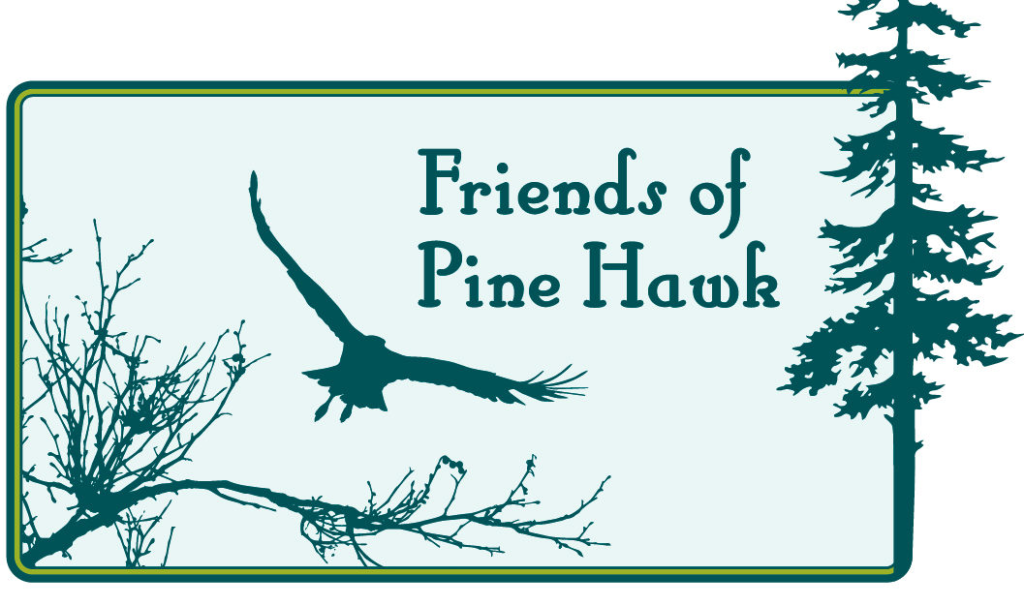
The Friends of Pine Hawk 2024 Fall Programs are presented with support from the Acton Memorial Library and Freedom’s Way National Heritage Area.
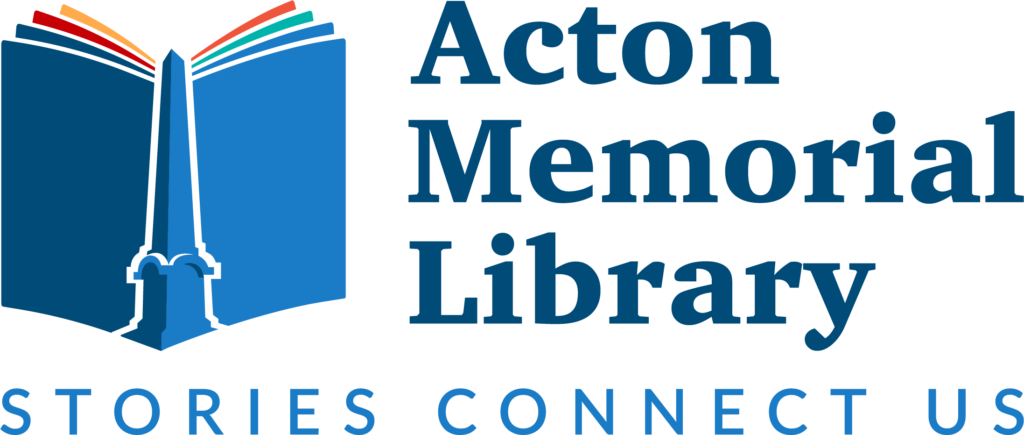

Events are free but require registration at tinyurl.com/pinehawk-2024
Questions? Email friends.of.pinehawk@gmail.com

Archaeological Discoveries in New England Wednesday, October 9, 7-8:30 PM in person at the Acton Memorial Library and via Zoom.
Peabody award winning Smithsonian filmmaker Ted Timreck will share documentary footage from two little known discoveries that show the potential of what might be found anywhere in the New England countryside. After the viewing Ted will explain how the controversial “diffusion” discoveries of the 1970’s made by amateurs in local communities evolved into the discovery and recognition of an unknown chapter in Eastern Maritime Native history going back to the Ice Age. That led to research that extends out onto the submerged continental shelf in the Atlantic. Ted has been a regular speaker at Friends of Pine Hawk events and is best known for his thirty-year exploration of the Northeast’s antiquarian past, with the Hidden Landscape film series.
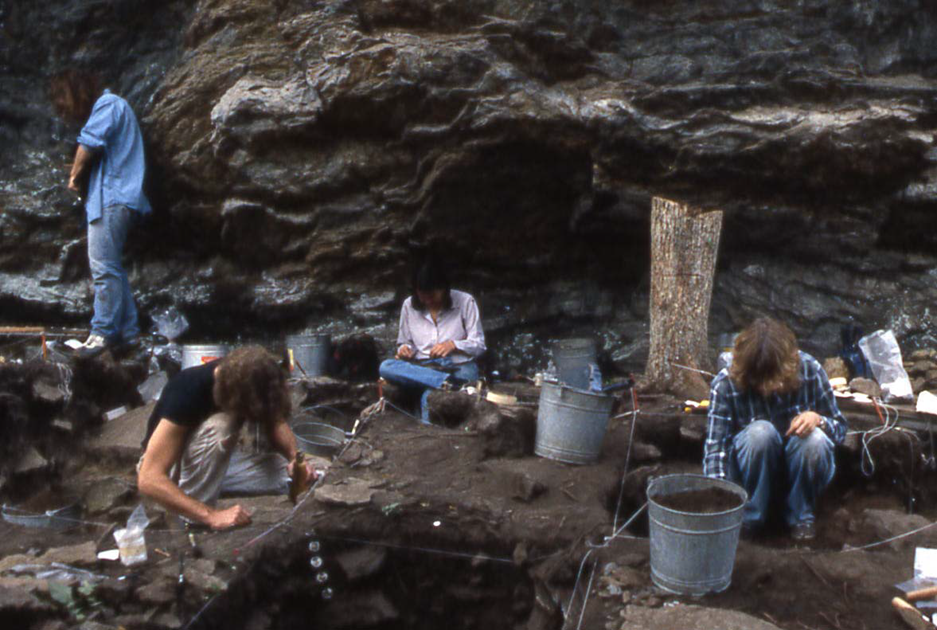
Ancient Winters at the Flagg Swamp Rockshelter Tuesday, October 15, 7-8:30PM, in person at Acton Memorial Library and via Zoom.
Eric Johnson, Lecturer in the University of Massachusetts – Amherst Anthropology Department will provide a retrospective on the 1980 laboratory analysis and results from the excavation of this remarkable site in Marlborough, Massachusetts. He will discuss the identification of animals now or recently extinct in Massachusetts, how the site was used as a winter home 4,000 years ago, and how people lived through New England winters without the modern conveniences we know.
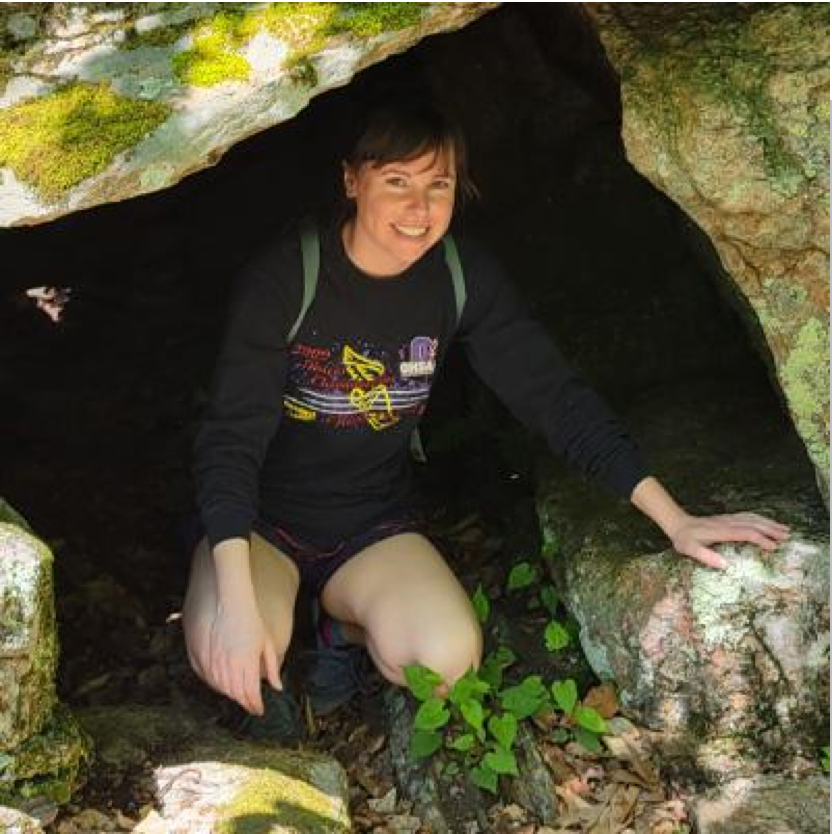
Burying the Trowel: A History of Controversy and Innovation in New England’s Cultural Stone Features Debate Tuesday, October 22, 7-8:30PM, in person at Acton Memorial Library and via Zoom.
Unusual stone features dot the woodlands and hillsides of New England, and their provenance has been subject to many theories and debate. Kitty O’Riordan is a cultural anthropologist who has been studying the people, methods, and literature surrounding the cultural stone features debate in New England for nearly a decade. She earned her Ph.D. from the University of Connecticut, where she currently teaches. This talk gives an overview of the changing ways stone features have been understood over time, the friction this has caused between avocational researchers and professional archaeologists, and the benefits and limitations of new techniques in their study. O’Riordan will discuss the ways some are working to repair collaborative relationships to build new networks of communication that provide promise for future investigations of these culturally important places.
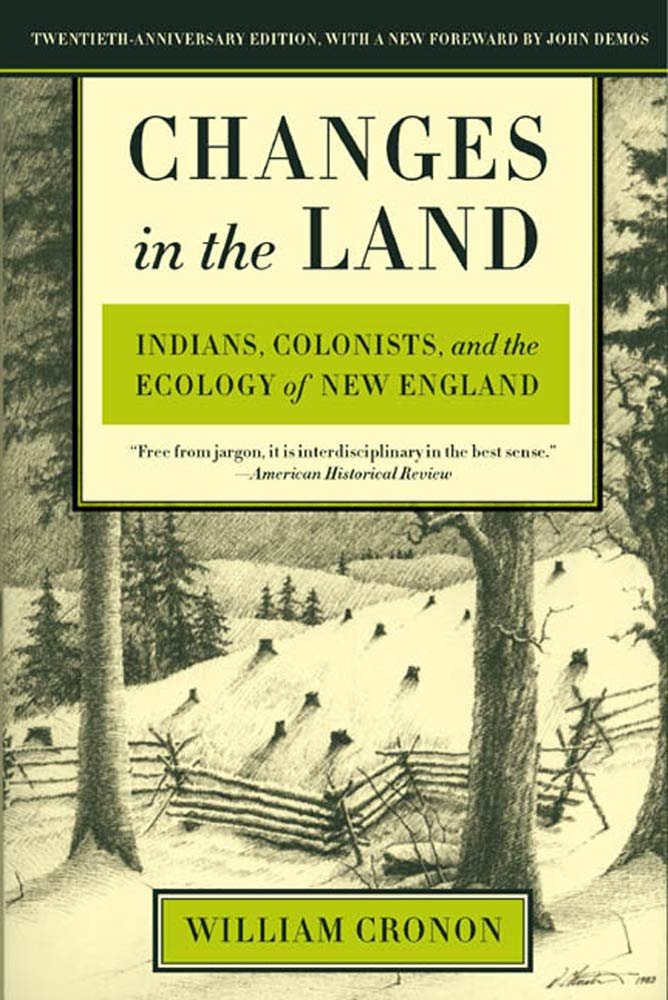
Changes in the Land Book Discussion Tuesday, October 29, 7-8:30PM, in person at Acton Memorial Library only.
Join a group discussion of this landmark environmental history by William Cronon, which offers an original and profound explanation of the effects European colonists’ sense of property and their pursuit of capitalism had upon the ecosystems of New England. Updated with John Demos, this ethno-ecological history provides a brilliant inter-disciplinary interpretation of how land and people influence one another.a group discussion of this landmark environmental history by William Cronon, which offers an original and profound explanation of the effects European colonists’ sense of property and their pursuit of capitalism had upon the ecosystems of New England.
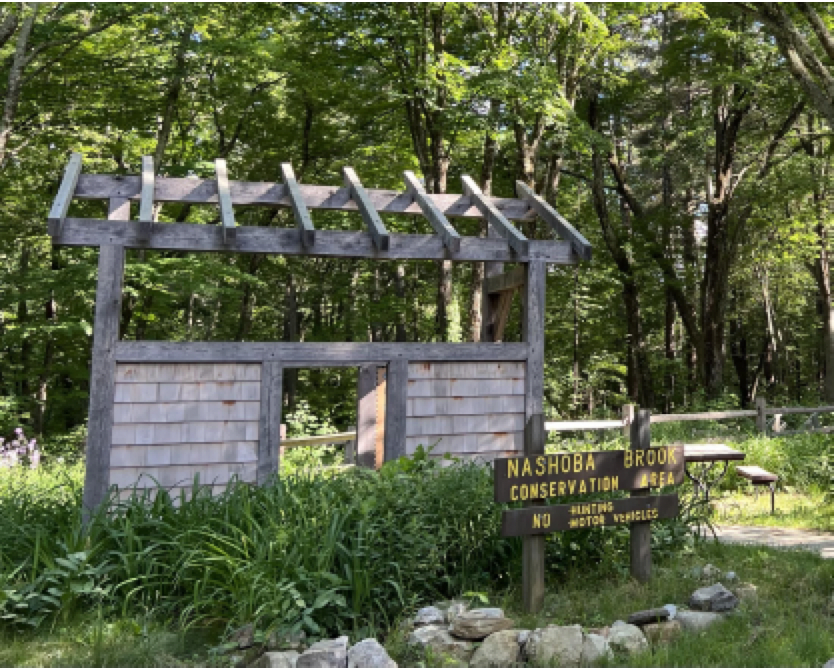
Adult Archaeology Walk Saturday, November 9, 10AM–noon, in-person only.
(Note New Date)
This walk was formerly scheduled for October 19, but Bettina Abe is unavailable due to a knee injury. Now Ian Bergemann, Land Stewardship Coordinator for the Town of Acton, will lead this hike along the Nashoba Brook Trail, with stops at the stone chamber and Native American ceremonial sites. Trail conditions can be rocky, uneven, and often wet, and thus participation is limited. Registrants will receive a detailed email several days before the walk. Limited to 20, ages 17 and up.
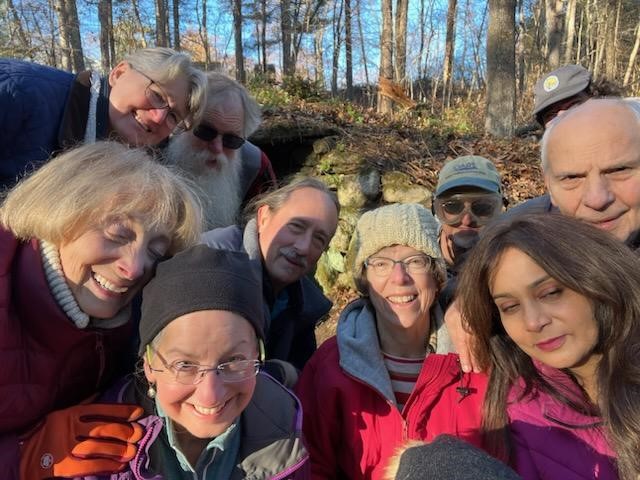
Community Service Day Sunday, November 10, 1-3PM in person.
Assist with trail and site maintenance on the Nashoba Brook Conservation Land’s Trail Through Time, a multicultural heritage trail in North Acton. The focus of this annual effort will be trail and site maintenance as well as cleaning trail kiosks. Local Scout troops are also invited to join. There will be an optional brunch beforehand at 11:30 am. Details will be emailed to registrants a few days in advance. Limited to 25, ages 13 and up.
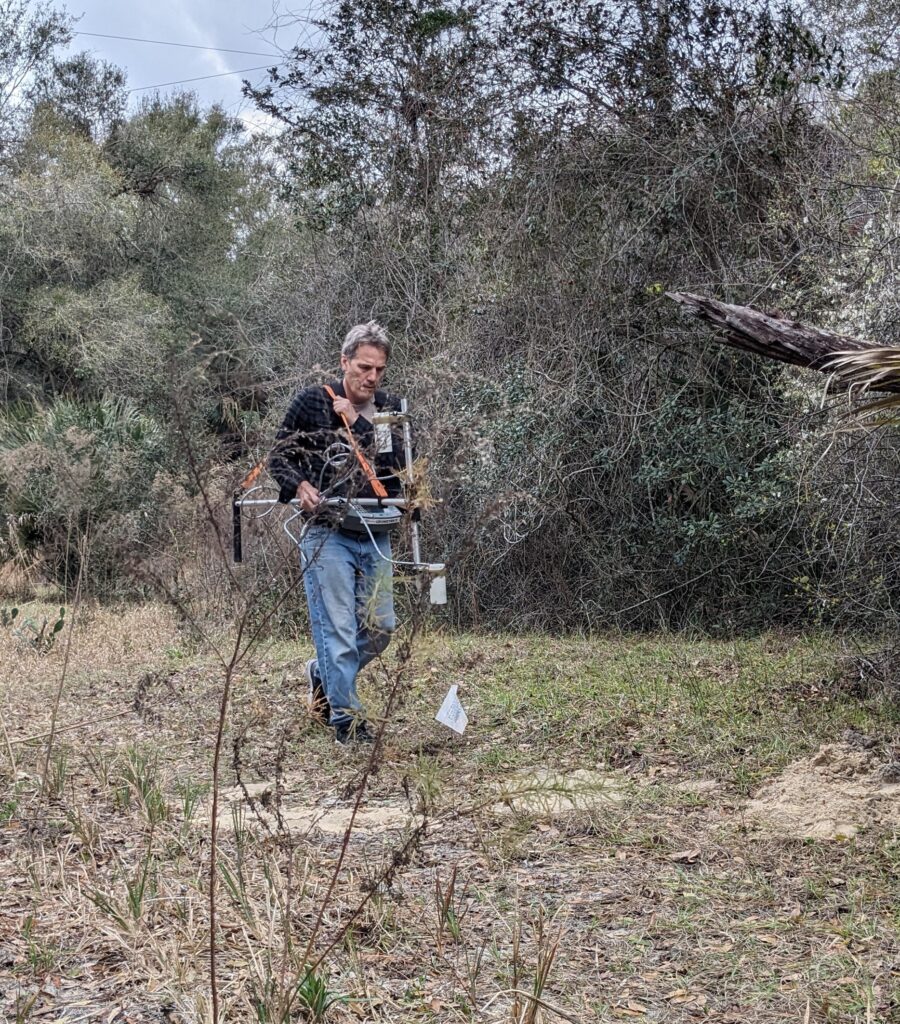
A Day in the Life of a Local Archaeologist Wednesday, November 20, 7PM, 7-8:30PM, in person at Acton Memorial Library and via Zoom.
Archaeologist David Gutbrod will share experiences and discoveries encountered in his professional life. David is a member of a local archaeological firm and serves as Chair of Westford’s Historical Commission. He also did the research for the very first application of Acton’s new Archaeological Protection bylaw, providing an extensive report on a significant site in North Acton. David will share highlights of this Acton project as well as others around the US, including recent remote sensing projects conducted in Worcester Cemetery, Tampa Bay’s lost cemetery, and the hidden and abandoned remains of the former village of Ethel, Florida.
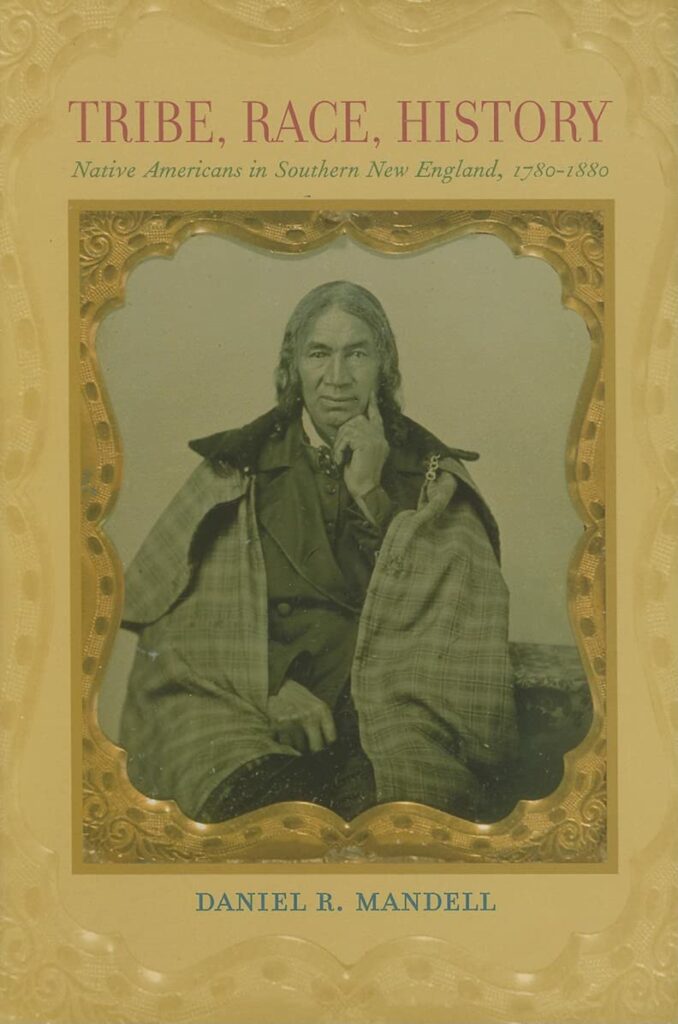
Native Americans and the Revolution: The Times Are Exceedingly Altered Thursday, December 5, 7PM pm in person at room 204 at Acton Town Hall and via Zoom
At the end of the 1780s, a group of Mohegans bemoaned that “[t]he times are exceedingly altered, yea the Times have turned everything topside down.” That was certainly true for indigenous peoples between the Appalachians and the Great Lakes, where a half-century of war and displacement had crested with the U.S. victory and the end of usefully competing European powers. But was also true for those in southern New England who a century earlier had survived the devastations of King Philip’s War. Daniel Mandell, Professor of History Emeritus, Truman State University, and author of Tribe, Race, History: Native Americans in Southern New England, 1780-1880 will present how the thousands of Native people in southern New England were involved in and impacted by the Revolution, and how they sought to secure their rights in different ways. Cosponsored with Acton 250.